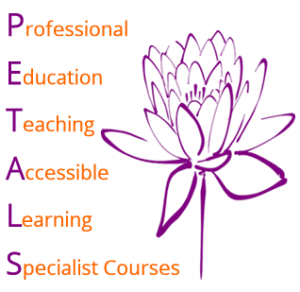COURSE INTRODUCTION
The term “DEMENTIA” is often misunderstood. Dementia is not a disease or illness in itself. It is a broad term used to describe a range of symptoms and disorders that involve a progressive decline in a person’s mental abilities.
Dementia is fast becoming a global problem and had been described as a “ticking timebomb”. As we grow older the risk of developing dementia increases, and as many people are now living longer, as our lifestyles improve by way of better physical health and better medical care for physical illnesses, meaning people are living longer but the risk of developing a dementia increases.
Currently there are 850,000 people in the UK who have some form of dementia ( Alzheimers Research Trust 2015). This is expected to rise to over to 1million by 2025. By 2050 there will be 1.5 million people diagnosed with a type of dementia.
Dementia is not a natural process of aging, and It would be wrong to assume that all those affected will be older people. Dementia has been diagnosed in people in their forties and fifties, and even thirties. In fact, there are over 65,000 people under the age of 65 living with dementia in the UK.
Although there is yet no cure for dementia, the future is much brighter than it was and Dementia no longer needs to be viewed in terms of doom and gloom-people can live well with dementia. Much more is now understood about the condition and also in terms of how best to support people diagnosed with dementia.
COURSE OVERVIEW
To give participants an understanding and new skills to enable them to support people living with a dementia in a person-centred way. To discuss and consider the best way dementia can be treated and managed, to promote personhood and meaningful occupation for the people being supported.
On completion of this course, participants will be able to:
- Define the term “Dementia”.
- Identify the symptoms of dementia.
- Identify the most common types of dementia.
- Describe what dementia feels like for the person experiencing it.
- Describe possible causes of the different types of dementia.
- Describe possible interventions and what good dementia care looks, feels and sounds like.
- Describe how family and friends can help their loved-one to manage the symptoms of dementia.
“Life is an emotional journey . We all crave human connection. This applies even more to people living with dementia. People learn to trust emotion and rely more on themselves as feeling beings rather than thinking beings” – David Sheard CEO and founder, Dementia Care Matters


